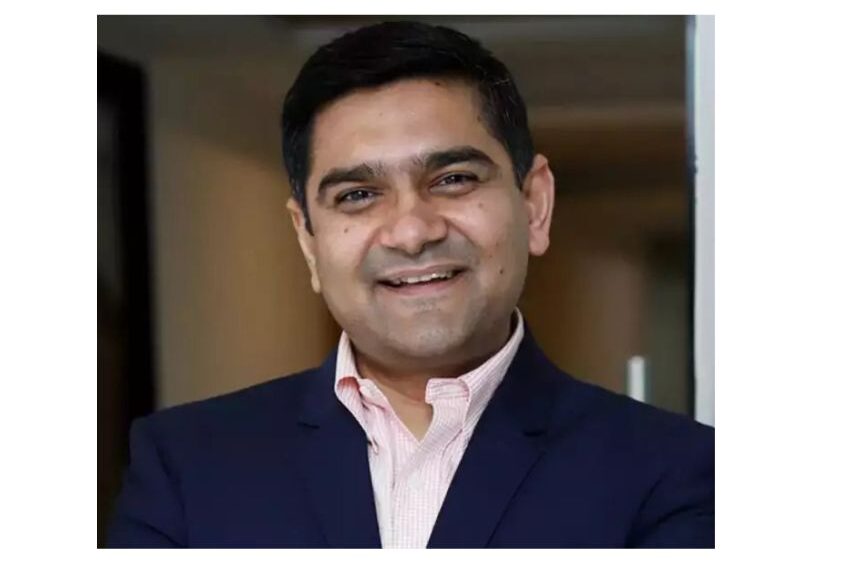COP 29: Is the World ready for Caring, Sharing and Daring

No wonder, the G77 and the China bloc — 134 countries in all– rejected the “substantial framework for a draft negotiating text’’ for inadequately representing their views
By- Prashant Singh, Co-Founder & CEO at Blue Planet Environmental Solutions
As the 29th Conference of Parties (COP 29), dubbed “Earth’s Last Chance,” starts winding down in Baku, Azerbaijan, there seems little to cheer or celebrate about the future of our planet or its people. And with the return of Donald Trump to the White House, who had earlier walked out of the Paris climate change accord in 2017, and growing protectionism across the world, the future of climate change stands further imperilled.
Although there was cautious optimism about raising awareness about climate change and its catastrophic impact, in recent times, almost half of the world’s population voted against keeping climate change at bay and supported using fossil fuels. In fact, with the President of the host country, Ilham Aliyev, describing oil and gas as a “gift of God,” his commitment to cutting down on fossil fuels remains highly suspect.
There has been little forward movement in the past one week. Even the first draft of the New Collective Quantified Goal, an estimate of the money that developing countries will collectively require from the developed nation for a smooth transition to a renewable future at COP 29—the main agenda of the conference– was full of caveats and bracketed conditionalities.
No wonder, the G77 and the China bloc — 134 countries in all– rejected the “substantial framework for a draft negotiating text’’ for inadequately representing their views, thereby exemplifying the growing trust deficit between the developed and developing world. India, too, has voiced its opposition to the “protectionist” policies that link trade barriers with carbon emissions such as the European Union’s Carbon Border Adjustment Mechanism on steel imports.
The call for afforestation
Among the simpler ways to save the planet is by afforestation but deforestation was still rampantly exploited where more than 6.4 million hectares of forest cover was lost, almost the size of Sri Lanka, in 2023 alone.
Acknowledging the scale of the problem would be the first step towards highlighting that we care, IPCC recent report showcases that we have slim to no chance of even achieving below 3-degree temperature rise by turn of the century. Hence, we need to start caring for our environment today, so that we can demonstrate that we care for our future generations. Unfortunately, COP 29 saw no discussions on increasing emission cuts by various countries, which is the most crucial step in combating climate change.
This can bring catastrophic circumstances for our future, like natural disaster, inordinately long heat waves, unsustainable impact of marine ecosystems and a severe damage to human existence.
There are still ways that we can contribute to ensure that we move the progress needle. The current impasse on key clauses for COP 29 negotiations need to be addressed. There must be a collaborative effort between public and private partnerships, which can make things happen. But the initiative and commitment must be brought in by public funding support from developed countries and multilateral agencies, which would build trust for private funding to be deployed.
Agreement on the carbon market
Currently our global financial market stands at $450 trillion. A future 10% decline in global gross domestic product (GDP) due to climate change can significantly outweigh the current cost being committed. An important concurrence has been achieved as a part of Article 6.4 of the Paris Agreement at COP 29, which would help us organise and build a more resilient Carbon Market, although there has little discussion about its operation or implementation, leaving it open to different interpretations.
Under the current scenario, some daring steps must be taken to keep climate change in control. The current expectation of yearly outlay of $1.3 trillion dollars of the developing countries has been ignored by the developed nations. We must make some tough but climate smart decisions and ensure that a support is created for two-thirds of the world’s population that lives in the “Global South.” We need to explore ways on how to strengthen multilateral bipartisanship.
India will play a critical role in this journey. More than 70% of India’s infrastructure in 2040 is still to be built. Hence, if India does not grow with clean initiatives and options, the world will never be able to reach its decarbonisation goals. We need to align the sustainable development model with the Vikasit Bharat goals, so we continue to live to our roots of Vasudhaiva Kutumbakam – One Earth, One Family, One Future.






































































































































































































































































































































































































































































































































































































































































































































































































































































































































































































































































































































































































